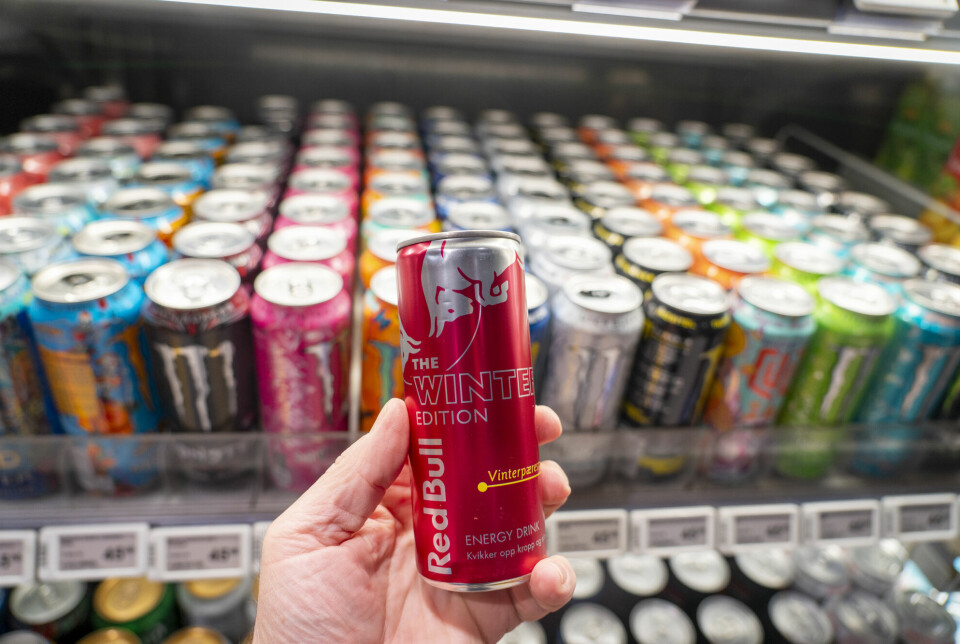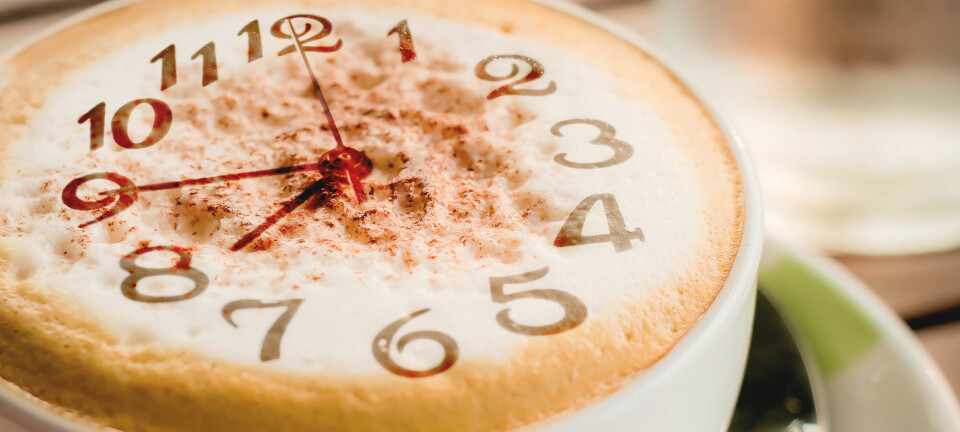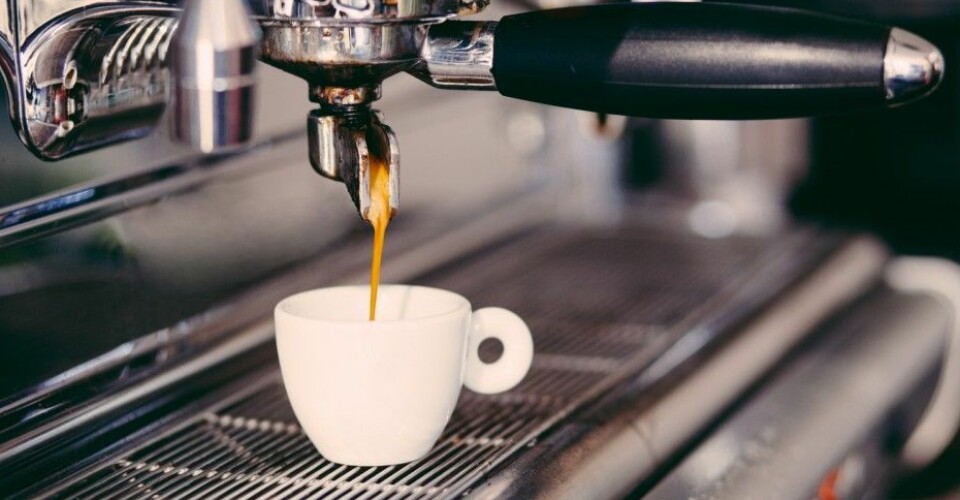
"There are few who drink such large amounts of coffee": New study raises the alarm on energy drinks and sleep
Over 50,000 Norwegian students were asked if they used energy drinks and how well they slept. Those who drank even small amounts of energy drinks had significantly greater problems with sleep than other students.
“It turns out that those who drink a lot of energy drinks don't just go to bed later. They also struggle with falling asleep in the evening, have more nocturnal awakenings, have shorter total sleep duration, and oversleep more easily. The sleep becomes more superficial,” says senior researcher Børge Sivertsen at the Norwegian Institute of Public Health.
In the new study, researchers used data from the Students' Health and Well-being Study (SHoT) in 2022. The approximately 53,000 students involved are between the 18 and 35 years old and belong to colleges, universities, and vocational schools across Norway.
Most viewed
They answered a range of questions about sleep patterns and the use of energy drinks.
Those who drank energy drinks reported on average that it took them half an hour longer to fall asleep and that they slept one hour less than those who did not.
Easier to drink than coffee
Sivertsen believes that energy drinks have at least as much impact on sleep as coffee if you drink the same amounts at the same time of day.
Energy drinks often contain both sugar and the fruit guarana, and both have been shown to affect sleep.
He also points out that it is easy to drink a lot of energy drinks, both because of the taste and because the drinks are sold in large cans or bottles.
“There are few people who drink such large amounts of coffee. In energy drinks, the bitter taste of coffee is almost non-existent,” says Sivertsen. He is the project manager for SHoT.
The SHoT survey conducted by the Norwegian Institute of Public Health every four years, and the study on energy drinks is a collaboration between the institute, Innlandet Hospital Trust, and the University of Oslo (UiO).
Advice for those struggling to sleep
Those who struggle to sleep should ideally cut out all caffeinated drinks, Sivertsen recommends.
“What we often say in the treatment of insomnia is that you should stick to coffee before lunch. However, caffeine's impact varies from person to person. While some individuals can consume five to six cups of coffee without issue, others might find themselves sensitive to even small amounts,” he says.
Energy drinks typically contain 32 milligrams of caffeine per deciliter, according to NIPH.
In filter coffee, the caffeine content is somewhat higher in the same amount, with 40 milligrams per deciliter.
If you drink a large can of energy drink, however, you consume 160 milligrams of caffeine – double the amount in a two-deciliter cup of filter coffee.
Uncertain connection
The study makes it clear that it is uncertain how much of the reported sleep problems are associated with drinking energy drinks.
An alternative explanation is that those who struggle to sleep use more energy drinks than others to stay awake.
“It’s an important point that if you sleep poorly and are tired during the day, it’s easy to turn to caffeinated drinks,” says Sivertsen.
He believes that when this study is viewed together with a number of previous studies, there is reason to believe that energy drinks actually significantly affect sleep.
For many, he also thinks it can become a vicious cycle.
“The more you drink, the worse you sleep, and the more you drink. Then you’re in the loop,” he says.
More people drink energy drinks than before
In recent years, energy drinks have become more popular, especially among school-aged youths.
In 2022, 43 per cent of the students surveyed in secondary and upper secondary schools reported drinking energy drinks daily, compared to 27 per cent in 2017, according to a survey from Norwegian Institute of Public Health. The proportion that drank energy drinks daily more than doubled – from 2.6 to 6.2 per cent.
"Energy drinks seem to have made a sudden entrance onto the market. They've become a trendy beverage where the brand holds significant importance. It's common for these trends to begin on TikTok," Sivertsen explains.
Among the students who answered the SHoT survey in 2022, 3.3 percent of women and 4.7 percent of men used energy drinks daily.
Reference:
Kaldenbach et al. Energy drink consumption and sleep parameters in college and university students: a national cross-sectional study. BMJ Open, 2024.
———
Translated by Alette Bjordal Gjellesvik
Read the Norwegian version of this article on forskning.no





































